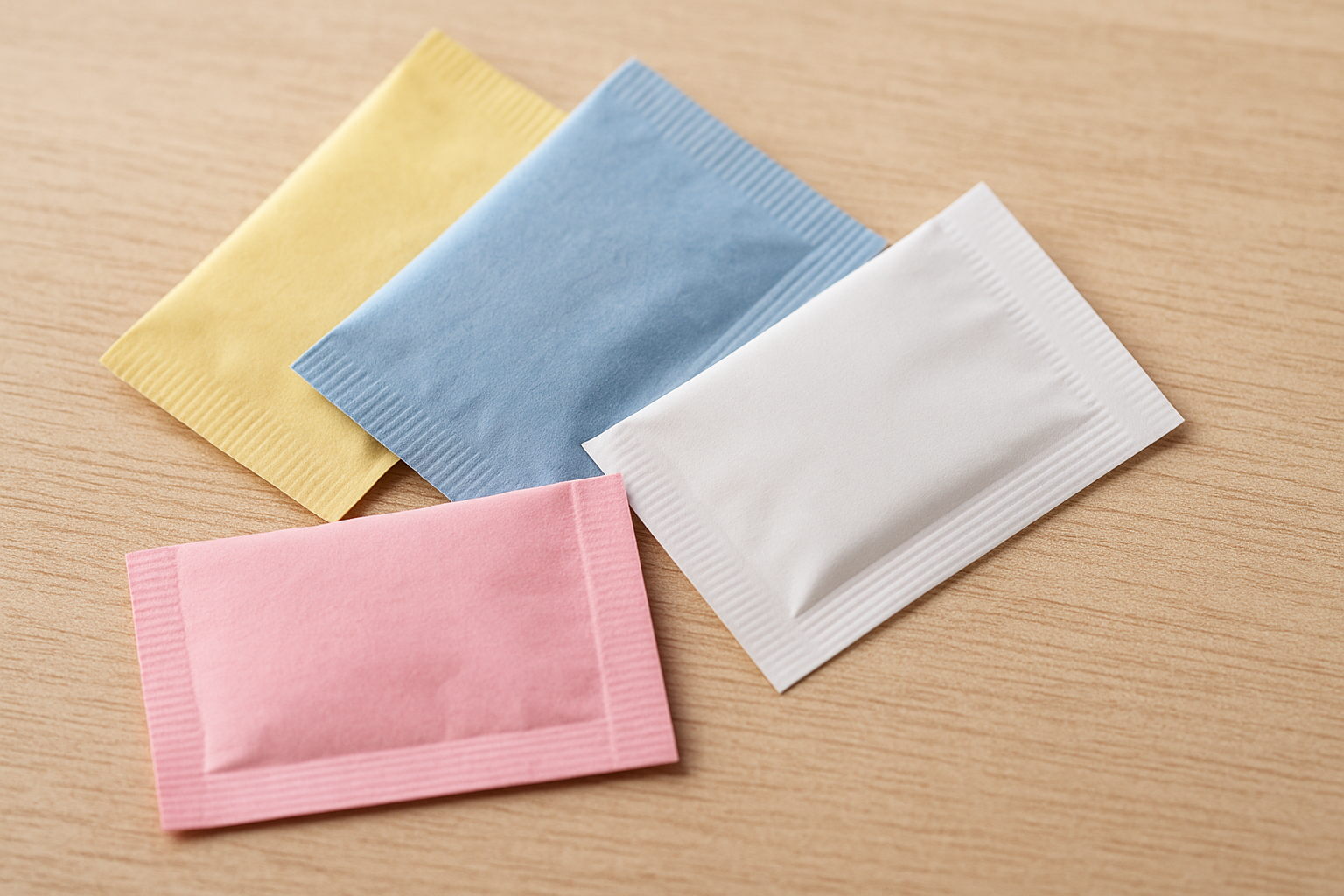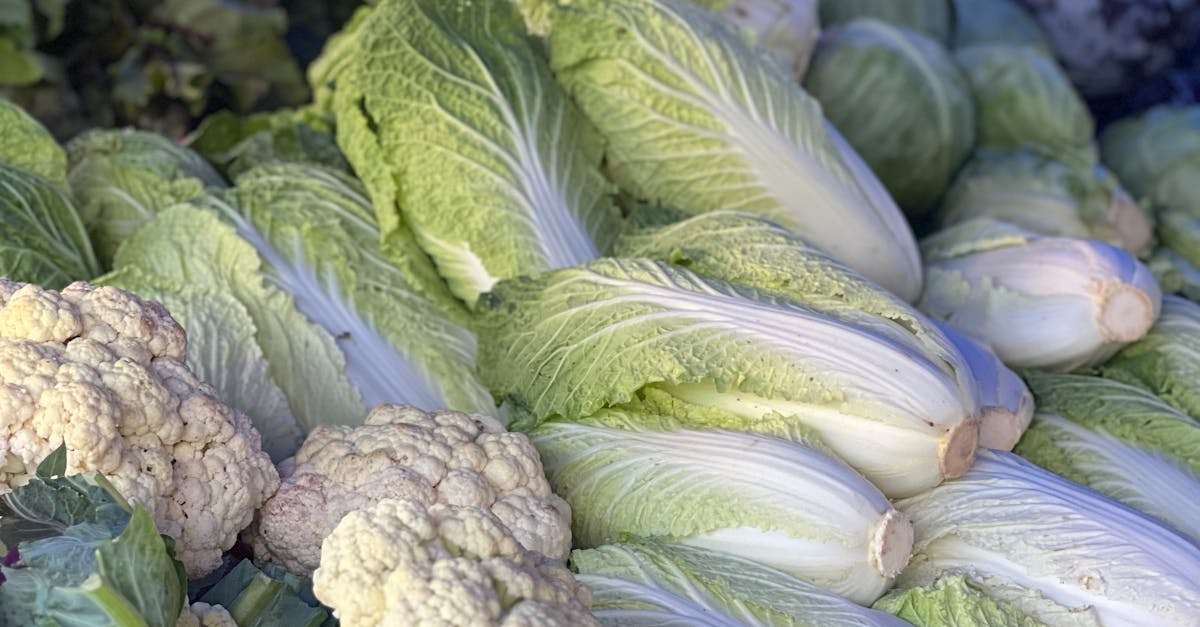The Gut-Mood Connection: 6 Foods You Didn't Know Were Fueling Your Anxiety
In recent years, the scientific community has increasingly recognized the profound link between gut health and mental well-being, often referred to as the "gut-mood connection." This relationship is largely mediated by the gut-brain axis, a complex communication network that links the emotional and cognitive centers of the brain with peripheral intestinal functions. The gut microbiota, comprising trillions of microorganisms, plays a pivotal role in this dialogue. Emerging research suggests that certain foods can disrupt this balance, potentially fueling anxiety and other mood disorders. By understanding which foods might be contributing to anxiety, we can make more informed dietary choices that support both gut health and mental clarity.
1. The Hidden Dangers of Artificial Sweeteners

Artificial sweeteners, often touted as a healthier alternative to sugar, can have unintended consequences on gut health and, subsequently, mood. These sugar substitutes, found in diet sodas and sugar-free snacks, can alter the composition of gut microbiota, leading to dysbiosis—a microbial imbalance that has been linked to increased anxiety levels. Studies suggest that artificial sweeteners like aspartame and sucralose may interfere with neurotransmitter production, particularly serotonin, which plays a key role in mood regulation. By disrupting the delicate balance of gut bacteria, these sweeteners can inadvertently exacerbate feelings of anxiety and stress, highlighting the importance of scrutinizing ingredient labels.
2. The Anxious Effects of Gluten

Gluten, a protein found in wheat, barley, and rye, has been under scrutiny for its potential impact on mental health, particularly for those with gluten sensitivities or celiac disease. For these individuals, consuming gluten can trigger an immune response that damages the intestinal lining, leading to inflammation and nutrient malabsorption. This inflammatory response can extend to the brain, where it may contribute to feelings of anxiety and depression. Even in those without diagnosed sensitivities, gluten can affect gut permeability and microbiota composition, which are crucial for maintaining a balanced mood. Hence, being mindful of gluten intake could be beneficial for those experiencing unexplained anxiety.
3. The Surprising Role of Dairy

Dairy products, a staple in many diets, can be a hidden source of anxiety for some individuals, particularly those who are lactose intolerant or have a casein sensitivity. Lactose intolerance can lead to gastrointestinal distress, which in turn can affect mood and exacerbate anxiety symptoms. Moreover, casein, a protein in dairy, can have an opioid-like effect on the brain, potentially leading to mood disturbances. For those sensitive to dairy, the resultant inflammation and gut imbalance may contribute to increased anxiety levels. Exploring dairy alternatives or reducing intake could alleviate these symptoms and support a calmer mental state.
4. The Anxiety-Provoking Potential of Caffeine

Caffeine, a widely consumed stimulant found in coffee, tea, and energy drinks, is well-known for its ability to boost alertness and energy. However, its effects on anxiety can be significant, especially in individuals who are sensitive to its stimulating properties. Caffeine can increase heart rate and trigger the release of stress hormones like cortisol, mimicking the physiological responses associated with anxiety. Additionally, excessive caffeine intake can disrupt sleep patterns, leading to fatigue and heightened anxiety. Understanding one's tolerance and moderating caffeine consumption can be a crucial step in managing anxiety and supporting overall mental health.
5. The Impact of Refined Sugars on Mood

Refined sugars, prevalent in processed foods and sugary snacks, can have a profound impact on mood and anxiety levels. Consuming high amounts of sugar can lead to rapid spikes and crashes in blood glucose levels, which can trigger mood swings and anxiety. Moreover, sugar can feed harmful gut bacteria, leading to dysbiosis and further exacerbating anxiety symptoms. The inflammatory response induced by high sugar intake can also affect brain function and mood regulation. By reducing refined sugar consumption and opting for natural sweeteners, individuals can support a healthier gut microbiome and a more stable mood.
6. The Anxiety Link with Processed Foods

Processed foods, often laden with preservatives, additives, and unhealthy fats, can contribute to anxiety by disrupting gut health. These foods can lead to inflammation and alter the gut microbiota composition, which are both linked to mood disorders. The lack of essential nutrients in processed foods can also contribute to nutrient deficiencies that affect brain health and mood regulation. By prioritizing whole, nutrient-dense foods, individuals can support a healthy gut environment and reduce anxiety symptoms. Transitioning away from processed foods towards a diet rich in fruits, vegetables, whole grains, and lean proteins can significantly enhance both gut and mental health.
Empowering Dietary Choices for Mental Well-Being

Understanding the intricate relationship between diet and mental health empowers individuals to make informed choices that support both gut and mood balance. By recognizing the potential anxiety-inducing effects of certain foods, such as artificial sweeteners, gluten, dairy, caffeine, refined sugars, and processed foods, individuals can tailor their diets to promote a healthier gut microbiome. These dietary adjustments can lead to reduced anxiety and improved overall mental well-being. As research continues to unravel the complexities of the gut-brain axis, it becomes increasingly clear that nurturing our gut health is a vital component of maintaining emotional resilience and mental clarity.